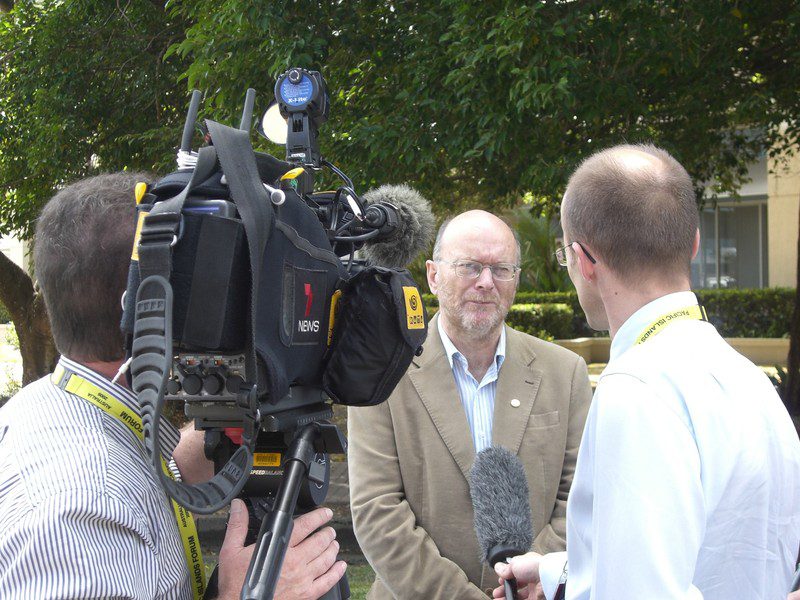Being interviewed
Giving your first media interview? Check out these pointers
So you have sent out a media release and a journalist has called to organise an interview. What can you expect?
Background research
If you have time, do a bit of research on your journalist. ‘Google’ them and see what kind of issues they usually cover and what approach they have taken to similar stories.
The set up
Ask the journalist if they will be recording the interview. Having a recording of the interview minimises the chance of you being misquoted.
If you are doing a radio interview, ask whether it will be pre-recorded or ‘live to air’. If you feel uncomfortable doing a live interview, ask about the possibility of a pre-recorded interview.
Make sure that you are comfortable during the interview and have some water close by.
Slow down
Speak clearly, evenly and slowly. Slowing down will help you minimise the use of repetitive words such as ‘you know’ and ‘like’, as well as reduce the need for ‘fillers’ such as ‘um’. Try to breathe normally. It is also important to do the interview in a quiet place without any background noise.
Getting the tone right
Think of the interview as a chance to tell your story to a wider audience. Speak to the journalist as if you are speaking to each person who will listen to, or read about, your story. If you want to sound passionate, be passionate. If you want to sound friendly, be friendly. However, don’t mistake the journalist for your friend. Remember they are there to do their job.
Making your arguments resonate
The journalist might know very little about your issue and the audience even less. Prepare your key points in advance and practice your arguments. If you are doing the interview by telephone, you can even have your points written in front of you – just try not to sound like you are reading them!
If you can break your arguments down into a couple of simple, punchy points, it is more likely they will be quoted. These key quotes – sometimes called ‘soundbites’ – are exactly what journalists are looking for. Decide on a key message that you would like to leave the audience with. Don’t use jargon or abbreviations.
Back up your arguments
If you are referring to facts and figures, have the sources with you as the journalist may want to know where you got your information. Feel free to offer the details of websites or other places that the journalist or the audience might go for more information.
Remember who is in control
If you feel like the interview is heading in an unhelpful direction, getting out of hand, or covering areas you’re not familiar with, try to bring the discussion back to your key points. Try using a bridging sentence such as, ‘Well, what you have to remember is…’ or ‘That’s a good point, but…’. If this is unsuccessful, you can politely bring the interview to a close.
We all make mistakes
If you make a mistake, or say something that you realise is wrong or misleading, tell the journalist immediately, ask them not to use that section of the interview. If it is not a live interview, you can always ask to make your last point again.
If you don’t realise your mistake until after the interview has concluded, contact the journalist and let them know. Ask them politely not to use the misleading or incorrect information and offer a clarifying statement.
